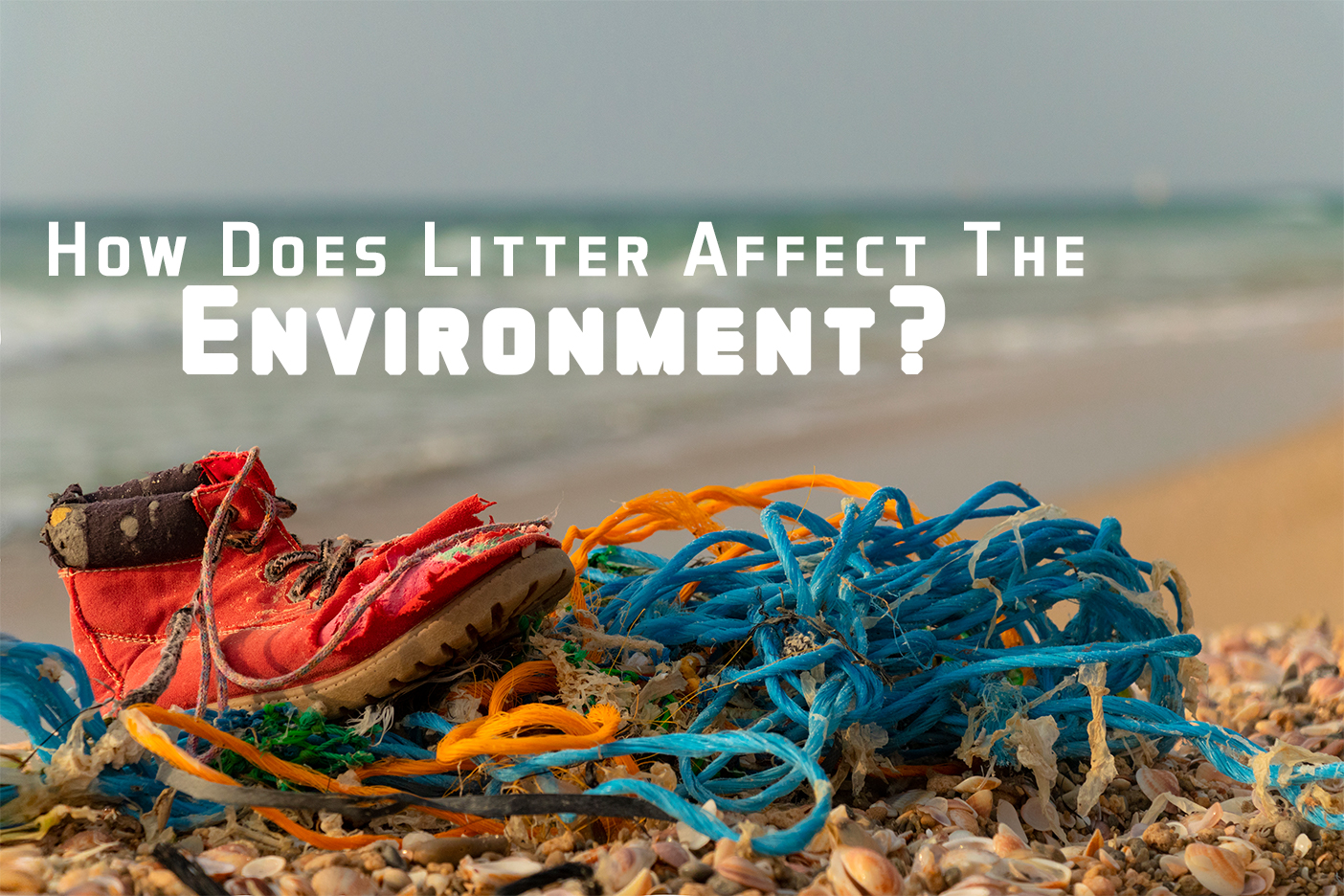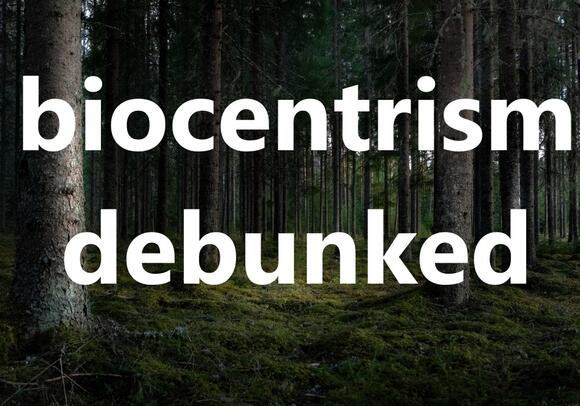Litter is waste that has been discarded carelessly, usually without respect for the environment or a proper garbage can. This can include everything from food scraps and rejected cigarette butts to car parts and metal scraps.
These items can pollute lakes, rivers, and oceans. They can also cause algal blooms and deplete oxygen levels in water. They can harm wildlife by entangling them and poisoning them with dangerous bacteria.
Water Pollution
Floating litter in the water can block out sunlight, depleting oxygen levels necessary for underwater photosynthetic plant life. The rubbish can also kill off fish and other aquatic organisms. This is not a good thing for marine life, and can be dangerous to humans who swim in polluted waters.
Chemical runoff from litter, illegal dumping and cigarette products can seep into groundwater supplies. This can negatively impact people who rely on wells for their drinking water. It can also clog storm-water drains, leading to flooding and landslides. In addition, food scraps and organic waste can increase algal blooms in water, reducing the amount of oxygen available to other marine species.
Littering also creates fire hazards, especially when paper and plastics are disposed of improperly. It is important that governments and local authorities provide adequate waste management facilities in public areas. This will encourage people to recycle and reduce littering. They should also impose strict laws that punish those who litter with fines and community service to help discourage this behaviour. They should also educate people about proper waste management and recycling.
Air Pollution
Many items that are littered, such as fast food wrappers and aluminum cans, emit harmful chemicals when they break down. These chemicals can then leach into the soil and cause pollution. Many of these chemicals also enter water systems where they can choke out other plants and poison the animals that drink from them.
Litter is also a breeding ground for bacteria and germs that can spread to living things in the area. It can even reach humans through pets and wildlife that carry the germs home or through contaminated foods.
In addition, litter can lead to erosion as it decomposes or is transported by vehicles. This can ruin soil quality and reduce the ability of plants to grow. This is especially true for sandy soils.
Another way that litter impacts the environment is by contributing to climate change. It produces greenhouse gases as it breaks down and is transported by vehicles. It also causes air pollution when it is burned and releases harmful substances into the atmosphere.
Land Pollution
Whether it’s food wrappers, plastic bags, cigarette butts or other trash, litter is dangerous to wildlife. It can contain sharp objects that can cut or entangle animals, like shards of broken glass, metal scraps and needles. Trash can also encourage the spread of diseases, such as mosquitoes that carry deadly malaria in tropical regions.
Loose litter washes away in rainstorms and winds up polluting rivers, lakes, oceans and other waterways. It can clog drainage pipes or sewer channels, flooding the area with raw sewage. This contaminates the soil and nearby plants, which may then affect the health of humans who consume the crops or eat the animals that graze on infected soil.
Approximately one million animals die each year ingesting or becoming entrapped in discarded litter. Marine species are most at risk. Ingesting litter can cause damage to internal organs, starve an animal by filling its stomach and intestines with indigestible material or poison it to the point of death. The same is true for birds, who can become tangled in plastic bags or six-pack rings and can swallow metal fragments that can rust and cut their throats.
Health Issues
Whether you’re walking through the park or strolling along the beach, it isn’t hard to spot litter. It’s unsightly and it also causes problems for the environment. As litter decomposes, it releases chemicals into the soil. These chemicals can be harmful to plants and animals. They can also seep into waterways and pollute them.
Litter can directly harm animals by entangling them and causing injury. This is a common problem for marine species such as seals, whales, dolphins, and sea turtles. Marine life can also ingest litter such as plastic bags or rejected cigarette butts. These can cause illness and even death.
Overall, littering is a major issue for the environment and our quality of life. It’s important to spread awareness about this issue to protect the world we live in. If we all work together, we can make a difference! By picking up litter, we can help reduce the number of pollutants in our air and water. We can also preserve our ecosystems and protect wildlife. By doing our part, we can ensure that future generations will be able to enjoy the beautiful planet we have now!
Wildlife Issues
Whether it’s discarded by careless drivers or dropped at the bottom of a pond, litter pollutes the environment. Rainwater washes these pollutants into rivers, lakes and oceans where they can poison water supplies and cause plant life to die off. These pollutants can also enter the food chain and make animals sick.
Wildlife can be harmed by any type of trash, but it’s especially dangerous to sea creatures and land animals. It’s not uncommon to see pictures of a turtle with plastic six-pack rings around its neck or a bird entangled in string. These entrapments can stop animals from walking, swimming, eating and even breathing.
Scattered garbage can also be a fire hazard, particularly paper and plastics that are easy to ignite. Animals can also get trapped in the tangled weeds, branches and sticks that litter creates or cut themselves on sharp objects like metal scraps. All of these hazards can have fatal consequences for the animals that encounter them. They should all be avoided by properly disposing of trash. This includes cigarette butts, which are dangerous to wildlife and should never be thrown out on the ground.



